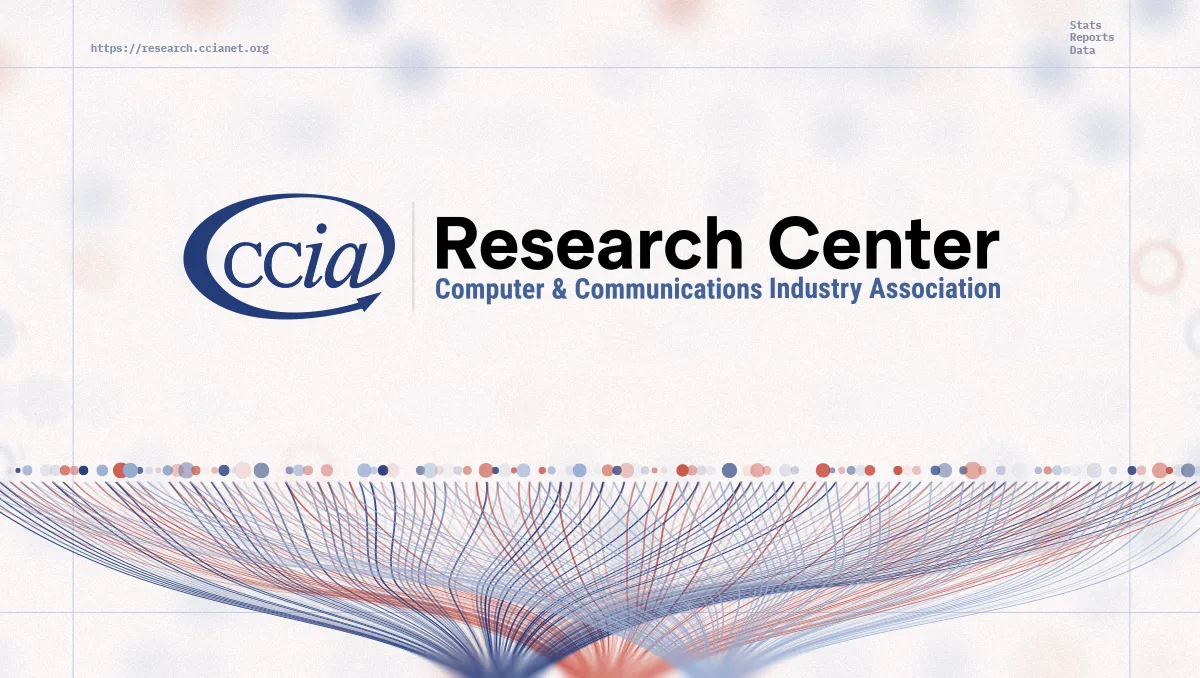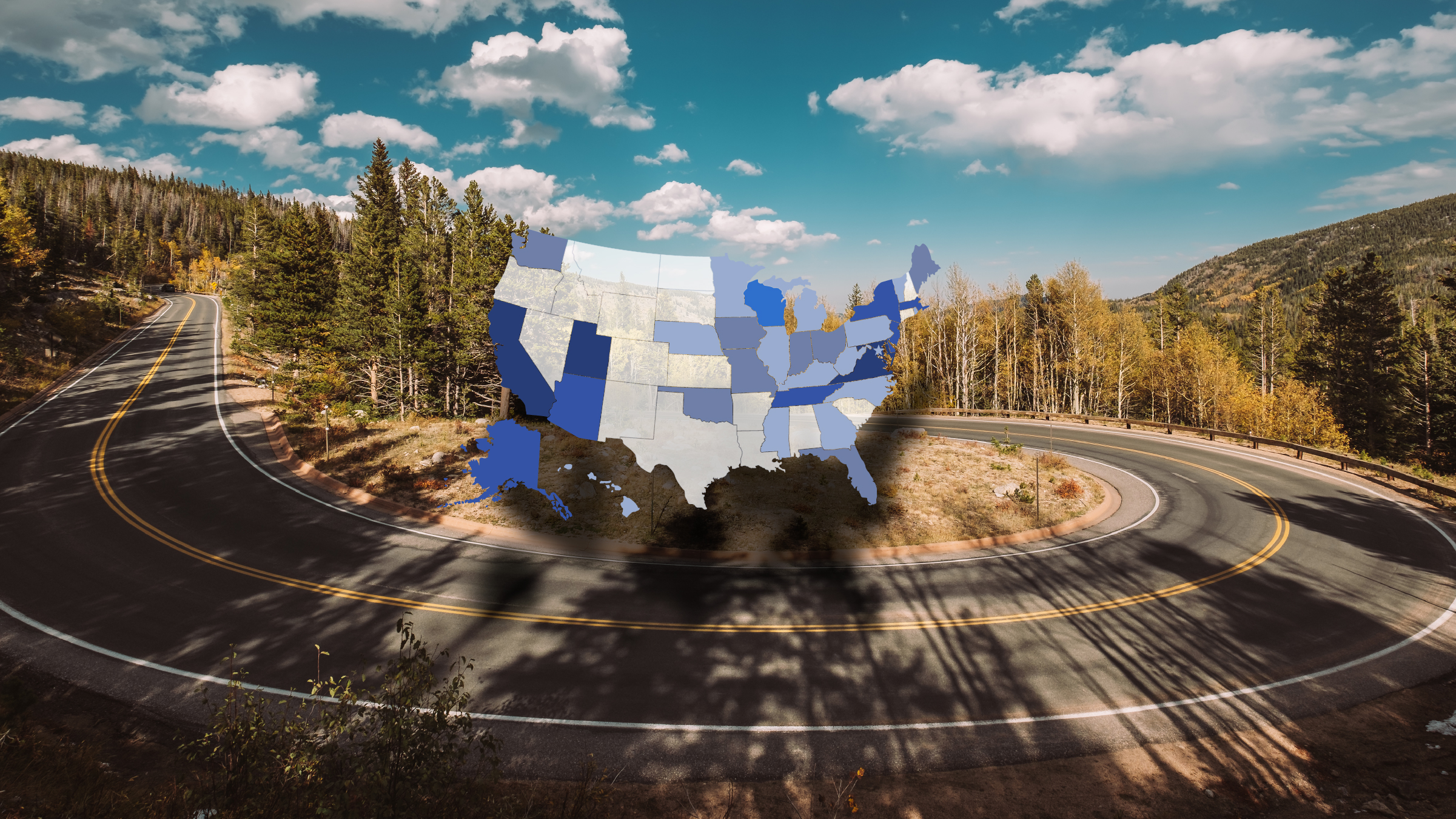Older City ISO Hot Young Tech Startups
 Washington, D.C., made its latest pitch to the startup economy in a gutted floor of a bland downtown office building–the future home of a tech incubator called 1776, launched with speeches by District Mayor Vincent Gray and local tech notables Wednesday.
Washington, D.C., made its latest pitch to the startup economy in a gutted floor of a bland downtown office building–the future home of a tech incubator called 1776, launched with speeches by District Mayor Vincent Gray and local tech notables Wednesday.
After its planned opening in March, 1776 will offer cheap, no-commitment space to early-stage firms (drop-in memberships start at $150 a month), a Startup School for would-be founders, and connections to the area’s “political, intellectual, social and financial capital,” as a press release explained.
To help make that happen, the city government kicked in $200,000, subject to terms requiring 1776 to remain in and focused on the District and send a sufficient volume of business to city residents.
This is not a unique effort–what self-respecting American city will pass up a chance to chase its share of the tech economy? You can find similar startup-hub projects afoot in Austin, Chicago, Des Moines, Pittsburgh and Las Vegas.
1776’s spot in the nation’s capital, however, brings extra complications and opportunities.
In particular, Washington’s image as an all-government town can deter entrepreneurs who fear getting bogged down in unfinishable dot-gov IT contracts (and gives rise to obnoxious op-eds portraying the District as the imperial capital sponging off the rest of America).
“When people think of D.C., they think White House, Capitol Hill, screwed-up government,” co-founder Donna Harris said in a conversation afterwards. “They don’t think startups.”
1776’s other co-founder, Evan Burfield, voiced the same thought in his opening remarks: “We continue to punch tremendously below our weight as a technology ecosystem.”
1776 aims to address that by raising the national profile of D.C.’s tech economy–while also making it easier for Washington political types to learn from startups.
Having seen how Bay Area techies can exhibit a reflexive dislike of entanglement with government–at last year’s Tech Policy Summit in Napa, one voiced his advice to the Feds as “don’t do anything”–I get the value in that.
Silicon Valley groups like Engine Advocacy already encourage startups to bring their complaints to Washington. But that conversation may be easier when “Washington” only has to travel 15 blocks to find an obvious tech hub.
(In that respect, 1776 might have been better situated on Capitol Hill than at 1133 15th Street.)
But building nests for startups can’t be enough–three smaller startup spaces closed in D.C. last year. It’s also unclear how much an effort like 1776 can address another complaint I hear from local founders, the lack of funding relative to all the money sloshing around here.
Before opening incubators and accelerators, cities vying for a share of the innovation economy shouldn’t forget to do things that ease life for any new employer: simplifying taxes and regulations; making health care affordable for the self-employed; tweaking zoning to allow enough smaller, cheaper commercial space.
And if they want to follow up by trying to clone Silicon Valley’s business climate, they shouldn’t overlook a major competitive advantage there: the unenforceability of non-compete clauses.
In most of the rest of America, what Techdirt’s Mike Masnick memorably called “the DRM of human capital” still slows the progress of talent and clogs markets. (Virginia’s courts are harder on them than most, but Richmond passed on a bill last year that would have followed California’s example.) So if the District wants to get ahead of its neighbors, there’s one option that doesn’t require finding empty office space or investing tax dollars upfront.








